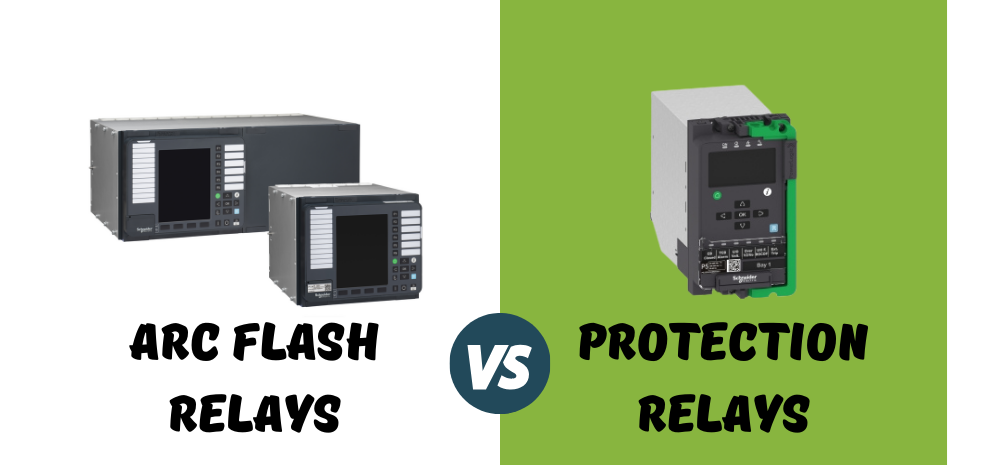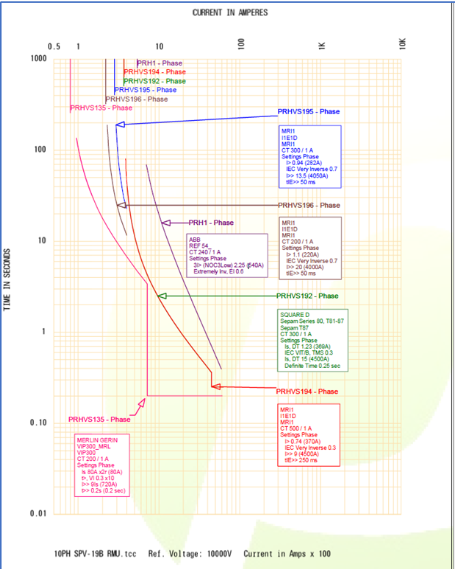Recently we have seen an increased usage of Battery Energy Storage Systems (BESS) for industrial and utility applications. We’ve been commissioned to perform grid compliance studies for BESS in a number of european countries.
Additionally we’ve been helping clients to monitor the output of BESS to ensure power quality and short term response behaviors meet grid requirements.
What is a BESS?
Battery energy storage systems are rechargeable battery systems that store energy from renewables or grid power that can be used as a reliable emergency power backup or for reducing demand charges on your utility bill. They contain advanced technology that regular batteries do not, allowing them to perform tasks such as peak shaving and load shifting or offering short term response to the local electrical network by injecting power when grid disturbances occur.
Peak Shaving
For commercial users peak shaving is one of the most important applications of energy storage. A significant amount of your utility bill can be made up of demand charges. Correctly implemented a BESS can ensure that no power above a predetermined threshold will be drawn from the grid during peak times.
Load Shifting
Shift your energy usage by charging batteries with local renewables or when electricity is cheapest and discharging batteries when it’s more expensive.
Emergency Backup
Sized correctly a BESS can ensure sites maintain their supply during an interruption.
Grid Services
This is one of our areas of expertise, we can evaluate how your power system reacts to various modes of operation including frequency response, reactive and active power response and fault ride through capabilities.
BESS Monitoring
Another area we boast expertise in is BESS monitoring. We can supply and provide customised monitoring systems that are necessary for meeting advanced grid compliance requirements such as DS3, as well as, power quality solutions.
Case Study
Recently, we performed a grid connection study for one of our large data center clients who was looking to install a Battery Energy Storage System (BESS) on their site.
The goal of the study was to examine whether the data center would still be grid compliant after the addition of the proposed BESS. Due to their size this site is a large consumer of power, any changes to their mode of operation sparks a keen interest from the local utility provider to ensure it does not adversely affect the local grid.
Using the DigSilent modelling tool we evaluated the various modes of operation made possible by the BESS and how the power supply reacted to different operational scenarios as set out by the utility. Frequency response, reactive and active power response and fault ride through capability were all evaluated.
We concluded that the addition of a BESS at this particular site would not impact the clients ability to comply with grid requirements. The utility provider was satisfied with the results and the client can now confidently proceed with their plans to install a BESS.
Considering a battery energy storage system?
Speak to our experts first! We would be more than happy to evaluate your sites needs, see if a BESS is the right solution for you and help you to comply with any requirements set out by the utility providers.













